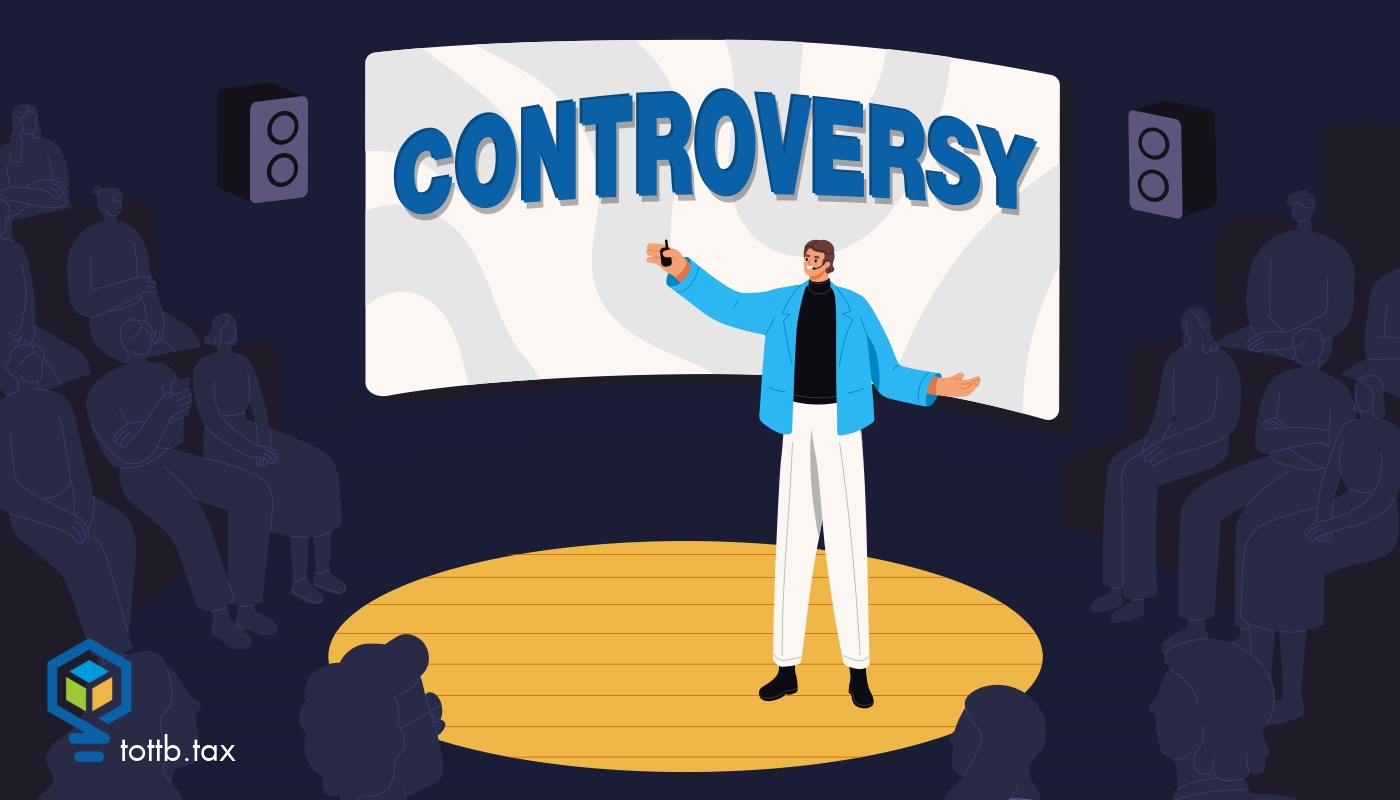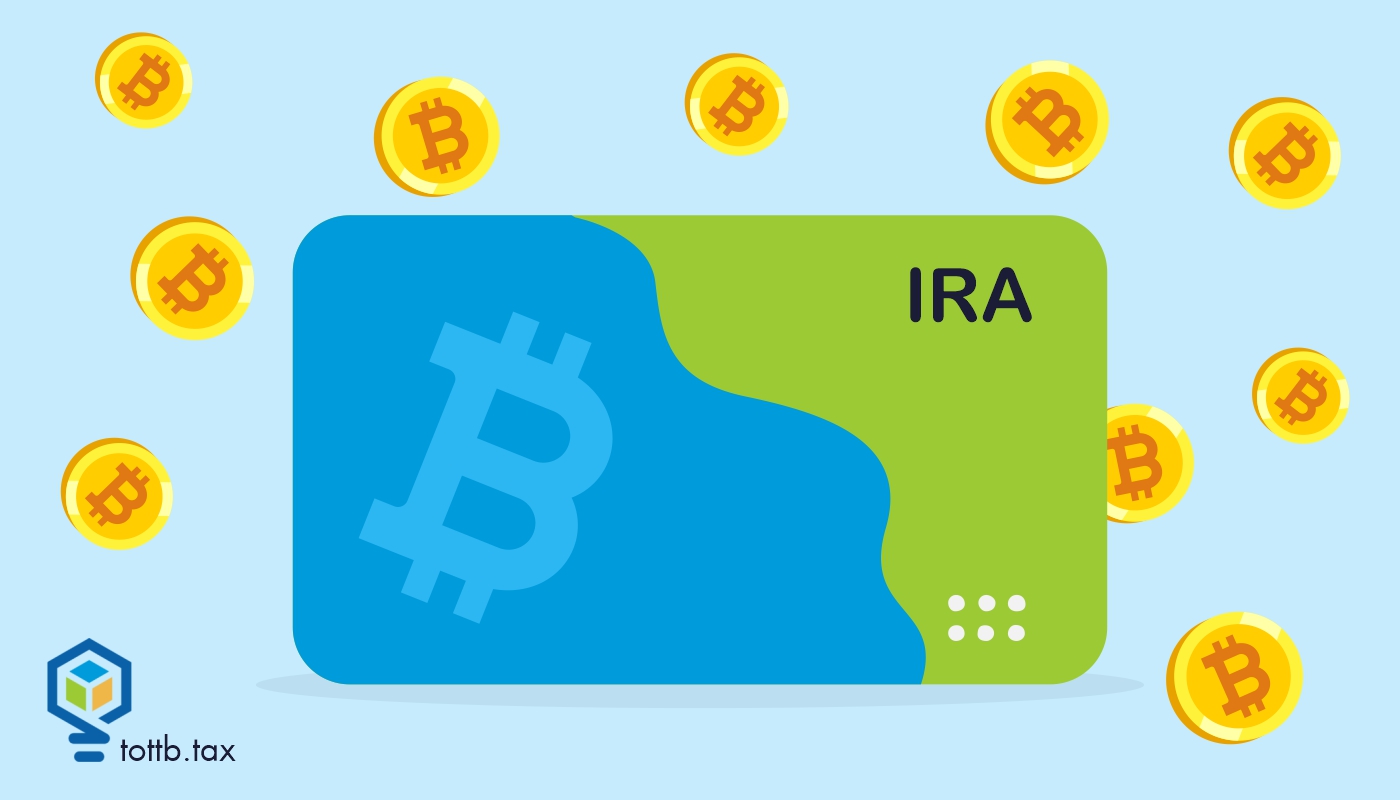The Tax Lives of Performing Artists
Performing artists are everywhere. Whether you’re a fan or indifferent, they’re tough to ignore. They color our world with print, broadcast, and social media coverage. We have actors, musicians, newscasters, and podcasters performing live, streaming online, captured on film/radio/television, and just about everywhere in an expanding online universe.
We celebrate their triumphs, empathize with their trials, feel shocked at their gaffes, and grieve for and with them. We may not think we have much in common with performers, but we do have one commonality: We’re all taxpayers!
A performer’s life may seem glamorous, but it’s hard work and not always financially predictable. The tax lives of performers are complicated. They have income and expenses, but with many twists and peculiarities.
Twists and peculiarities can make it both interesting and complex when navigating the Tax Code, but performing artists need tax reduction, too. Tony Nitti said, “It has to suck to make your living as an artist.” But paying taxes as an artist doesn’t have to suck when you have a great tax plan.
To read more about the unique tax planning opportunities available to performing artists, continue reading.
Read More












